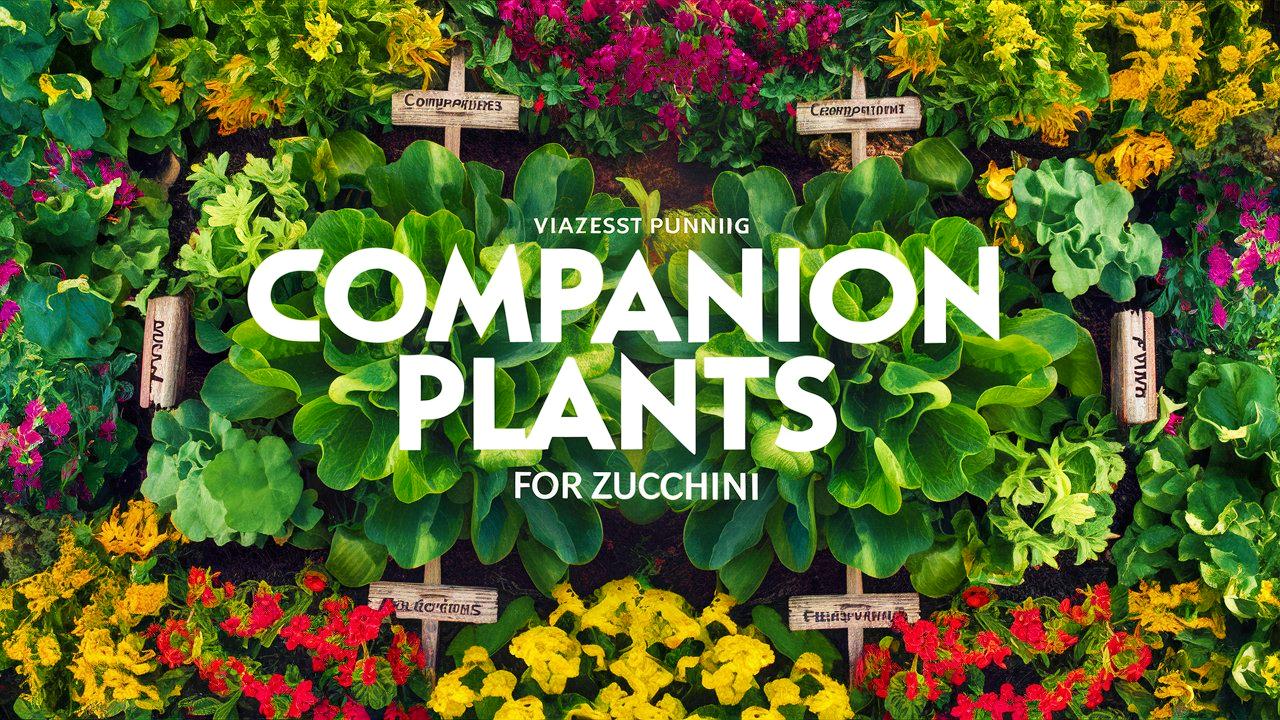Companion planting is a sustainable gardening practice that involves growing different plants in proximity for mutual benefits. For zucchini (Cucurbita pepo), a popular summer squash, companion planting is particularly beneficial.
The right companions can help deter pests, improve growth conditions, and even enhance flavor. In this comprehensive guide, we explore various companion plants for zucchini, beginning with flowers, then moving on to herbs, vegetables, and finally discussing plants that should be avoided due to potential issues.
Flower Companions
Companion flowers can attract beneficial insects, repel harmful pests, and improve pollination for zucchini plants. Here are some of the most effective flower companions:
Sweet Alyssum
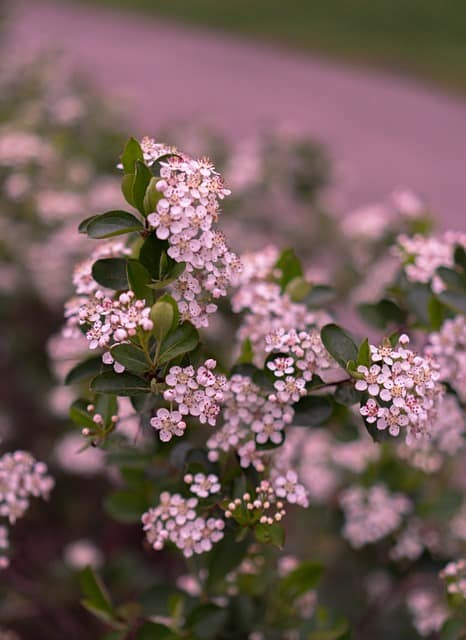
Sweet alyssum (Lobularia maritima) is not only visually appealing with its clusters of tiny white or purple flowers, but it also serves an important role in the garden ecosystem. It attracts beneficial insects such as ladybugs and lacewings that prey on aphids and other pest insects. Additionally, sweet alyssum has a dense mat-like growth that can help retain soil moisture, which is beneficial for zucchini roots.
Calendula
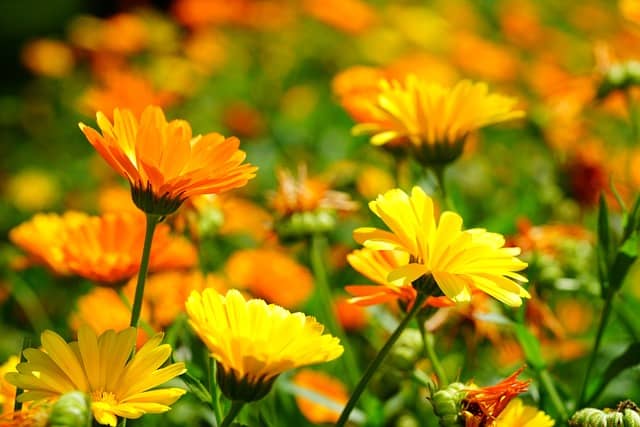
Calendula (Calendula officinalis) is often referred to as marigold’s cousin. Its bright orange and yellow flowers are not only beautiful but can attract pollinators like bees and butterflies, which are essential for zucchini flower pollination. Besides attracting beneficial insects, calendula is known to have antifungal and antibacterial properties, which can help protect zucchini plants from pathogens that may thrive in the garden.
Clover
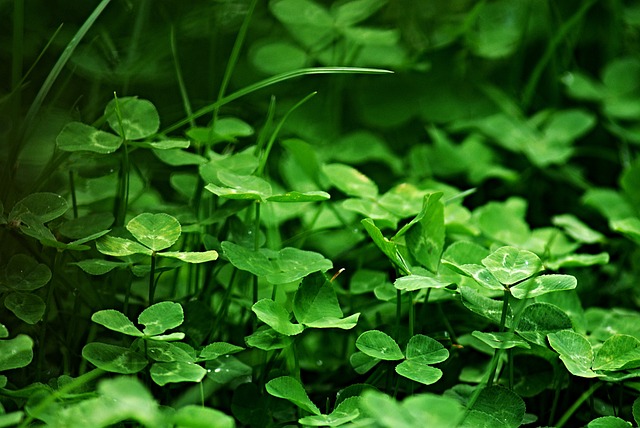
Clover (Trifolium spp.) is an excellent companion for zucchini due to its nitrogen-fixing properties, which can enrich the soil. By planting clover as a ground cover, gardeners can suppress weeds, improve soil quality, and provide habitat for pollinators. The small white or purple flowers of clover also attract bees, further supporting the pollination of zucchini flowers.
Borage
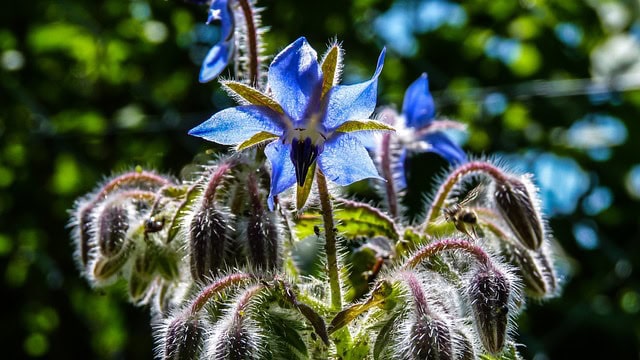
Borage (Borago officinalis) is a dynamic herbaceous flower with striking blue star-shaped flowers that are not only attractive but beneficial as well. Borage is known for attracting bees, which are essential for the successful pollination of zucchini. Additionally, its leaves can deter certain pests such as tomato hornworms and cucumber beetles while providing a rich source of nutrients when used as a mulch.
Nasturtiums
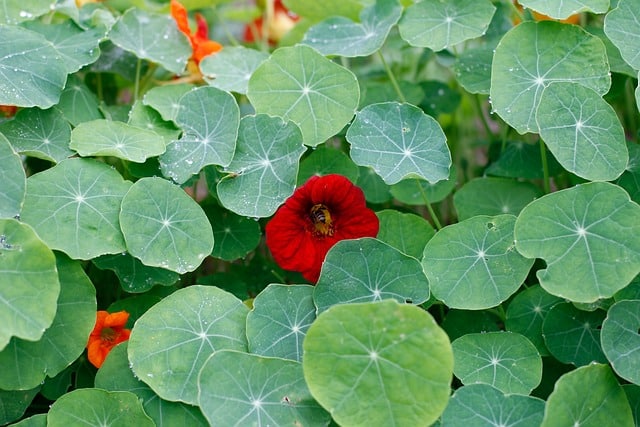
Nasturtiums (Tropaeolum majus) are vibrant, edible flowers that can enhance zucchini gardens. They act as a trap crop, drawing aphids away from zucchinis, thus protecting the squash plants. Their peppery flavor can add a unique taste to salads, making both the flowers and leaves edible. Beyond aesthetics and pest management, nasturtiums thrive well in similar growing conditions to zucchini.
Marigolds
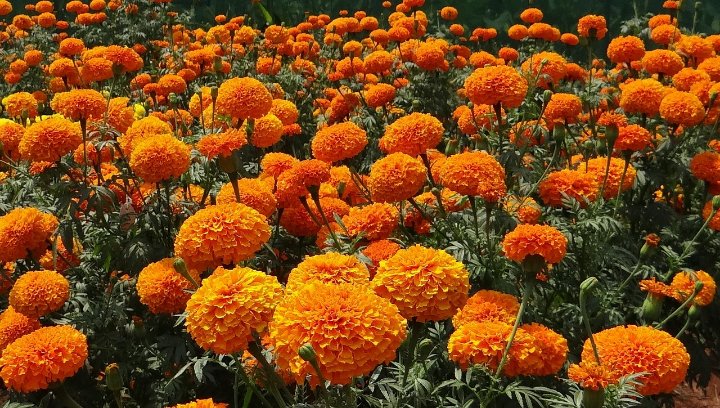
Commonly known as the gardener’s friend, marigolds (Tagetes spp.) are a classic companion plant. Their strong scent deters many pests such as nematodes and aphids, creating a protective barrier around zucchinis. The bright blooms add a splash of color and can attract beneficial predatory insects, enhancing the overall health of the garden ecosystem.
Phacelia
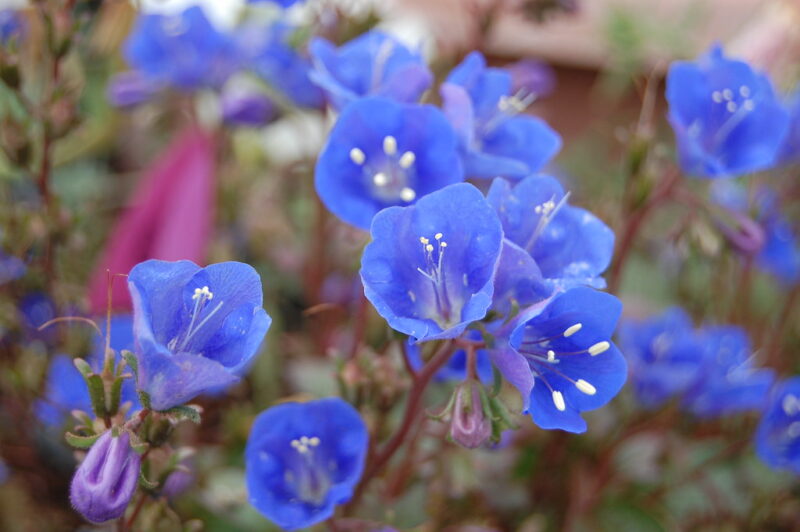
Phacelia (Phacelia tanacetifolia) is a lesser-known yet powerful companion plant. Known as ‘bee-friendly’ or ‘green manure’, phacelia attracts pollinators and improves soil health. Its dense blooming habit provides nectar for bees, and its roots help to aerate and enrich the soil. This makes it a perfect companion for nutrient-hungry zucchini.
Bachelor’s Buttons
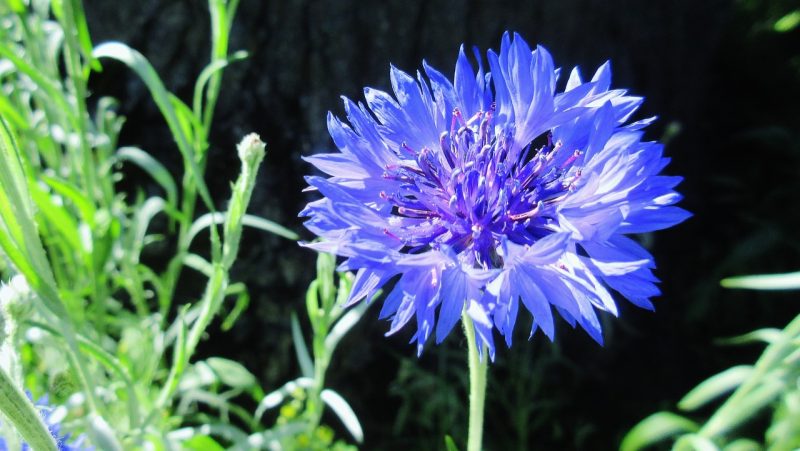
Bachelor’s buttons (Centaurea cyanus), or cornflowers, bring not only a touch of blue to the garden but also benefits for zucchini plants. Bachelor’s buttons attract beneficial insects like hoverflies, which feed on aphids and other pests. Additionally, they are excellent for improving biodiversity in the garden, creating a more balanced ecosystem that supports the growth of zucchini.
Bee Balm
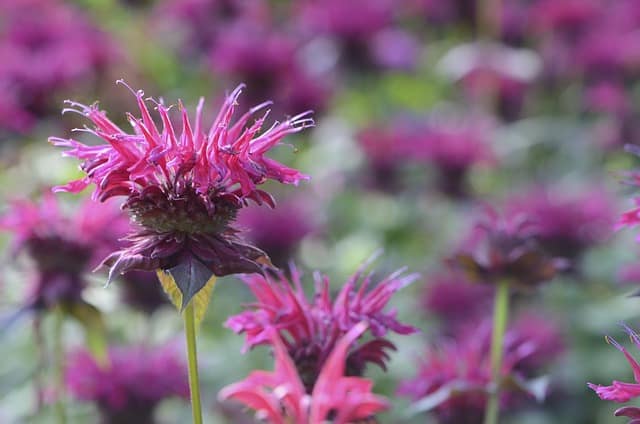
Bee balm (Monarda didyma) is a fragrant flower that attracts bees and other pollinators, making it a great companion for zucchini. Beyond being an attractive flowering herb, bee balm can help improve the overall health of the garden. Its essential oils can repel certain pests while providing an aromatic addition that can be used in teas and cooking.
Snapdragons
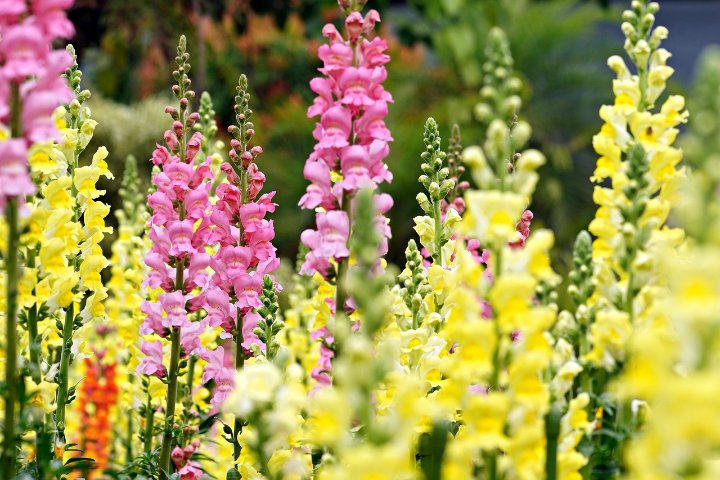
Snapdragons (Antirrhinum majus) are charming flowers with a unique shape that can bring height and color to a zucchini garden. These flowers attract pollinators, which can facilitate the blooming process of zucchini. Moreover, snapdragons can contribute to pest control by drawing in beneficial insects that prey on common garden pests.
Yarrow
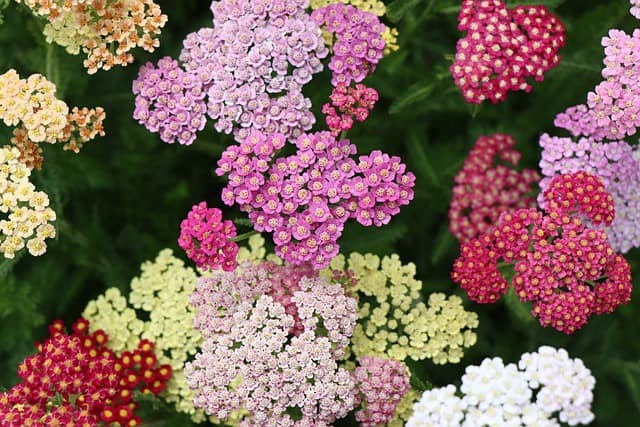
Yarrow (Achillea millefolium) is a hardy perennial that aids in attracting predatory insects and pollinators. With its clusters of small flowers in white, yellow, or pink, yarrow can influence the ecological balance of the garden. Yarrow also has medicinal properties and improves soil health, making it a valuable companion for zucchini.
Echinacea
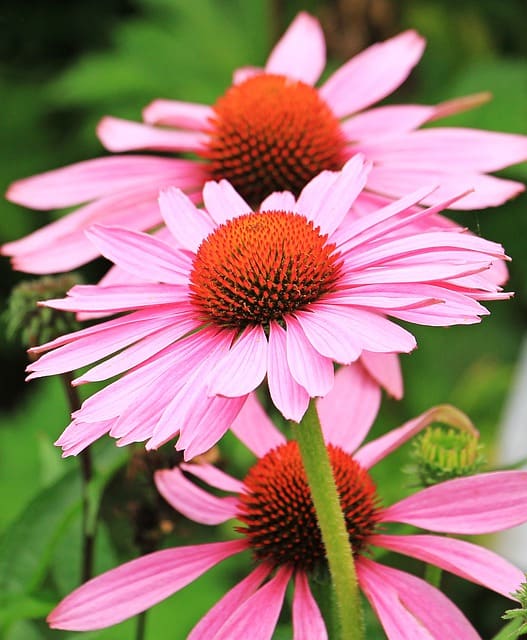
Echinacea, or coneflower, is not only a garden favorite for its striking appearance but also for its abilities as a companion plant for zucchini. Known for attracting pollinators, particularly bees and butterflies, it boosts the overall activity in the garden. Echinacea can also be used in herbal remedies, adding a practical benefit to its aesthetic appeal.
Zinnias
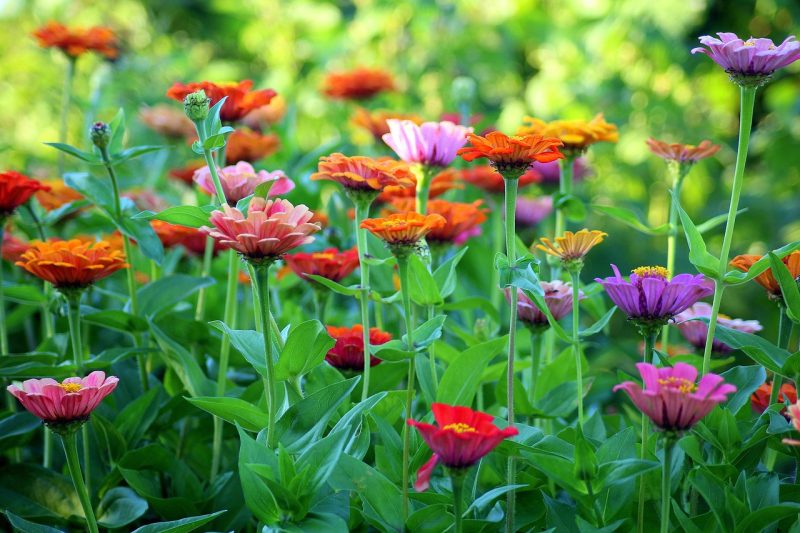
Zinnias (Zinnia elegans) are hardy annual flowers that provide vibrant pops of color while drawing in beneficial pollinators. Their long blooming period ensures a steady source of nectar throughout the zucchini’s growth cycle. Zinnias can also deter pests due to the diverse array of fragrant varieties that can mask the smell of zucchini from unwanted visitors.
Herbal Companions
In addition to flowers, certain herbs can be fantastic companions for zucchini. They not only enhance the overall aesthetics but also provide benefits such as pest control, enhancement of flavors, and beneficial interactions in the soil.
Dill
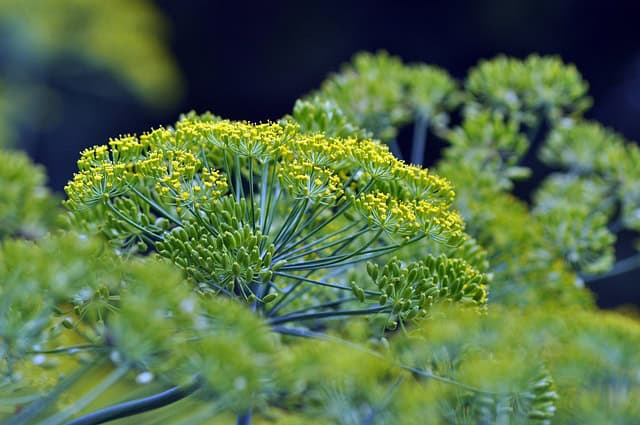
Dill (Anethum graveolens) is a versatile herb that can complement zucchini perfectly, attracting beneficial insects like parasitic wasps that help control caterpillar pests. Dill’s feathery foliage creates a visually pleasing contrast with the broad leaves of zucchini. Moreover, dill promotes a flavorful relationship with zucchini, especially in salads or grilled dishes.
Mint
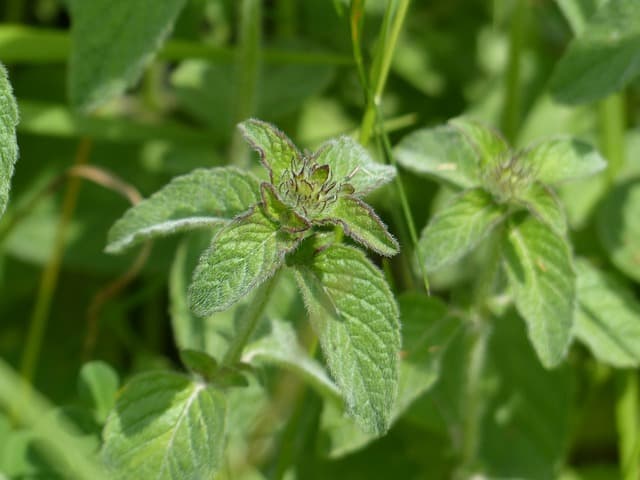
Mint (Mentha spp.) is a robust herb that can spread vigorously, making it essential to manage its growth. Yet, when contained, mint can be a powerful companion for zucchini as it repels pests such as aphids and ants. Its aromatic aroma can confound the senses of pests while attracting beneficial pollinators, and its fresh flavor can enhance many culinary dishes featuring zucchini.
Oregano

Oregano (Origanum vulgare) not only adds culinary appeal to any dish, but it is also a beneficial herb in companion planting. The strong scent of oregano helps confuse pests that may target zucchini plants, and its flowers attract predatory insects that feed on detrimental pests. Oregano prefers similar growing conditions to zucchini, thriving in well-drained soil with plenty of sunlight.
Rosemary

Rosemary (Rosmarinus officinalis) is another vibrant herbal companion that thrives near zucchini. Not only does its strong scent deter insects such as cabbage moths and carrot flies, but rosemary also attracts pollinators. The presence of rosemary enhances the overall health of the garden and adds culinary value; its earthy flavor pair well with zucchini dishes like grilled vegetables or ratatouille.
Lavender
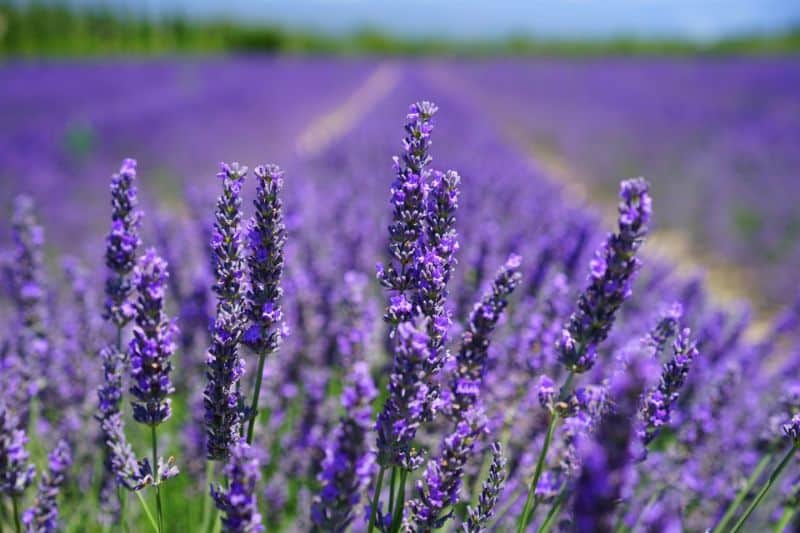
Lavender (Lavandula spp.) is renowned for its fragrant flowers and calming aroma. It attracts pollinators while repelling pests such as mosquitoes and moths. Lavender can grow well in similar conditions to zucchini, preferring well-drained soil and full sun. Beyond its benefits as a companion plant, lavender can be harvested for use in culinary dishes, teas, and aromatic sachets.
Sage
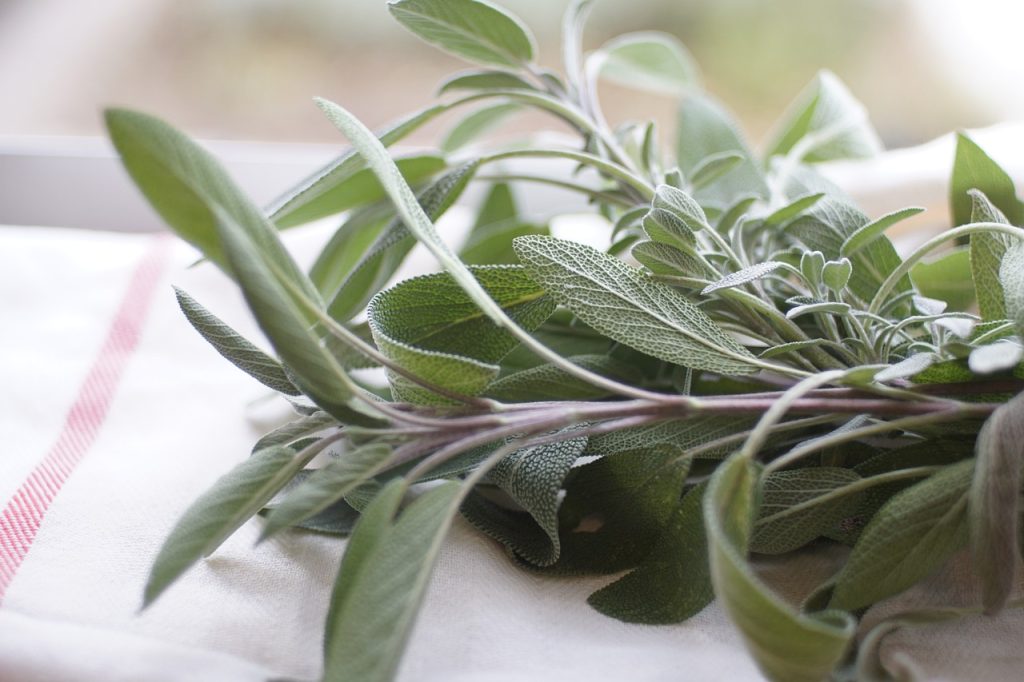
Sage (Salvia officinalis) is a resilient herb with a multifaceted personality. It helps repel garden pests like the cabbage moth and acts as a companion to basil, enhancing pollination and attracting beneficial insects. Sage thrives in similar sun conditions as zucchini, forging a harmonious relationship in the garden. It lends its savory flavor to zucchini dishes, enhancing salads and roasted recipes.
Thyme

Thyme (Thymus spp.) is a low-growing herb that works well as a ground cover beneath zucchini plants. It helps to retain soil moisture while repelling pests like whiteflies and cabbage worms. Additionally, thyme attracts beneficial insects and has strong culinary uses, with a flavor profile that perfectly complements zucchini in various dishes from roasted vegetables to soups.
Vegetable Companions
Several vegetables can be excellent companions for zucchini, forming mutually beneficial relationships that support overall plant health and yield.
Corn
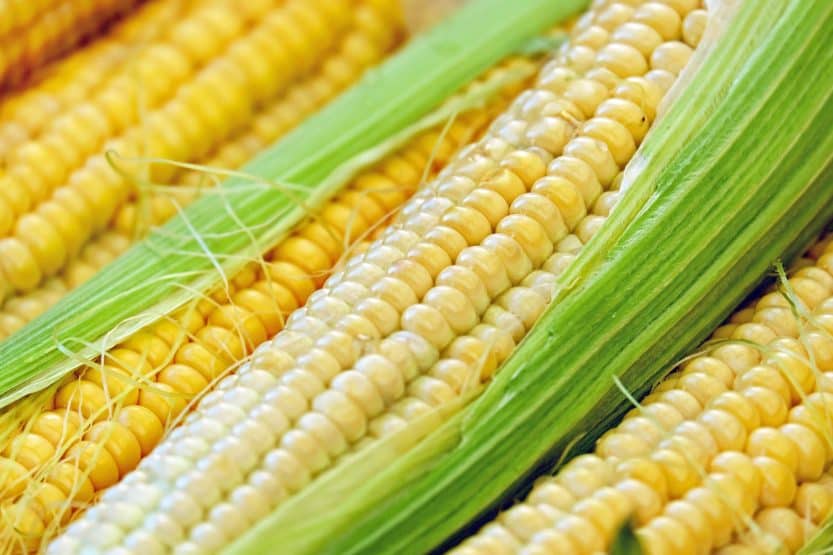
Corn (Zea mays) is an upright crop that can provide natural support for climbing zucchini flowers. Zucchini benefits from the shade produced by the taller corn plants, which can protect it from excessive sunlight. The combination also creates a diverse plant ecosystem, supports biodiversity, and reduces pest issues.
Peas
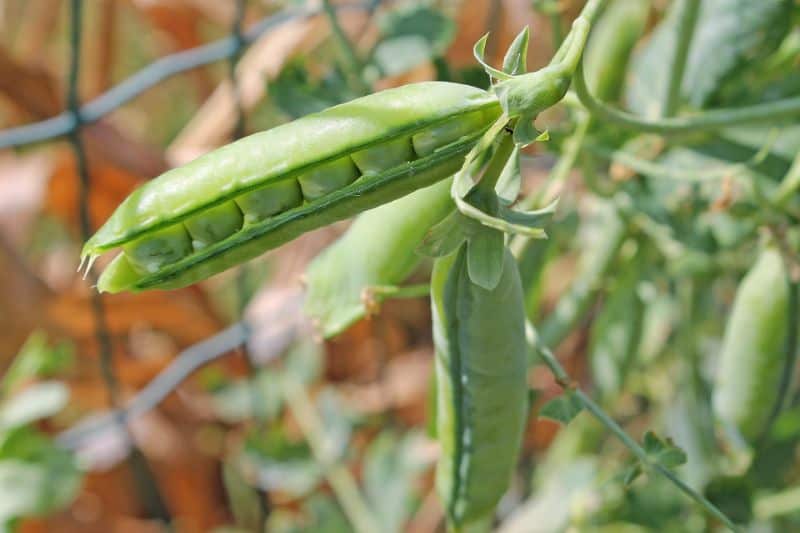
Peas (Pisum sativum) are nitrogen-fixing plants that enrich the soil and improve its fertility. The climbing nature of peas can help support zucchini as it spreads horizontally. Peas can act as a natural mulch during their growth period, providing shade for the shallow-rooted zucchini and retaining moisture.
Beans
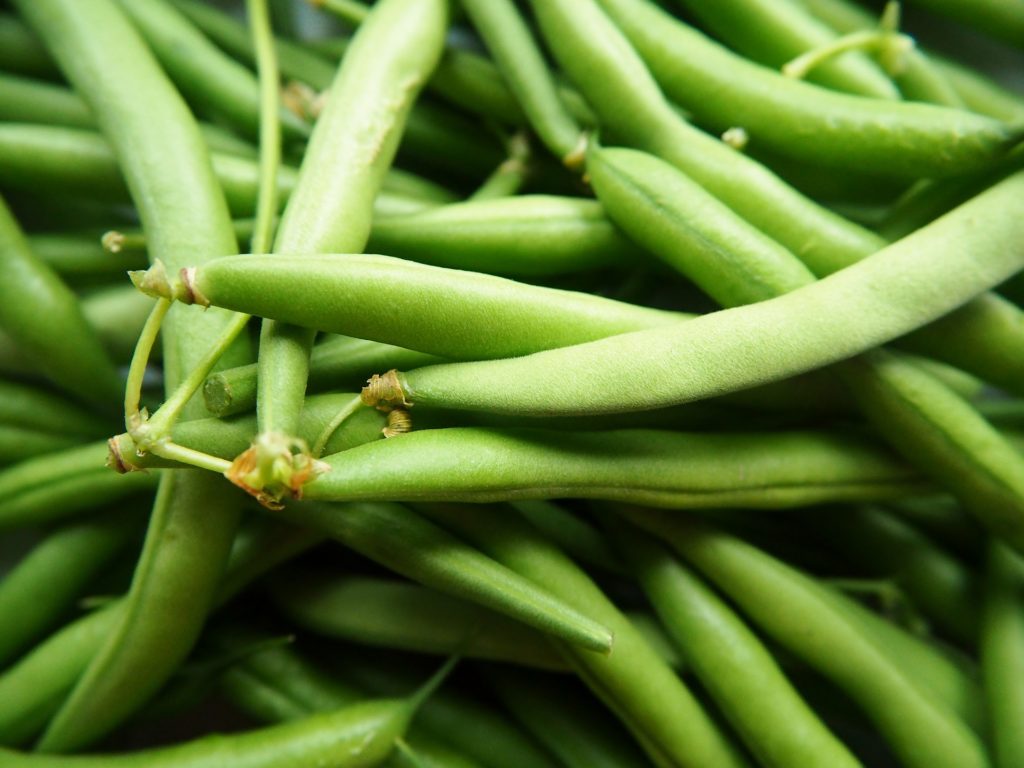
Beans, particularly pole beans (Phaseolus vulgaris), are perfect companions for zucchini. Like peas, they are nitrogen fixers and can enhance soil fertility. Additionally, beans can provide a natural trellis for growing zucchinis as they spread. Together, they create a synergy where they support each other while repelling weeds and pest invasions.
Tomatoes
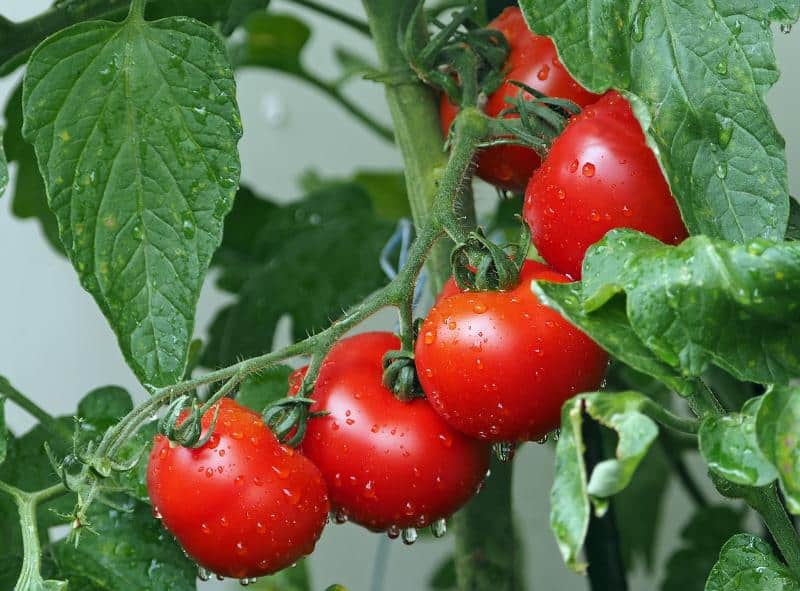
While tomatoes (Solanum lycopersicum) are commonly grown alongside zucchini, the interaction can be somewhat delicate. They both benefit from similar growing conditions which, if managed properly, can lead to enhanced pollination and pest resistance. However, careful placement is essential as both plants may compete for nutrients. Their combined tastes in the kitchen also provide delicious culinary opportunities.
Garlic
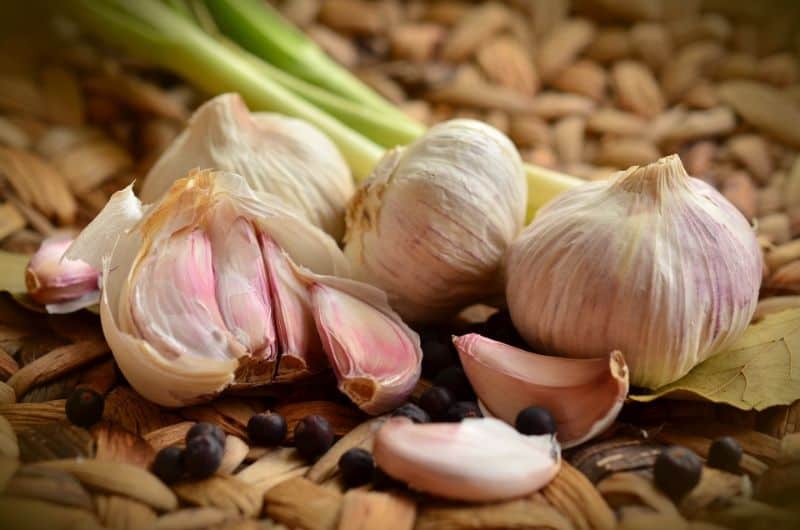
Garlic (Allium sativum) is known for its pest-repelling properties and can help protect zucchinis from damaging pests such as aphids and spider mites. Garlic can be planted around zucchini to create a protective barrier. With its powerful flavor, it pairs well with zucchini in various dishes, making it both a practical and delicious companion plant.
Onions
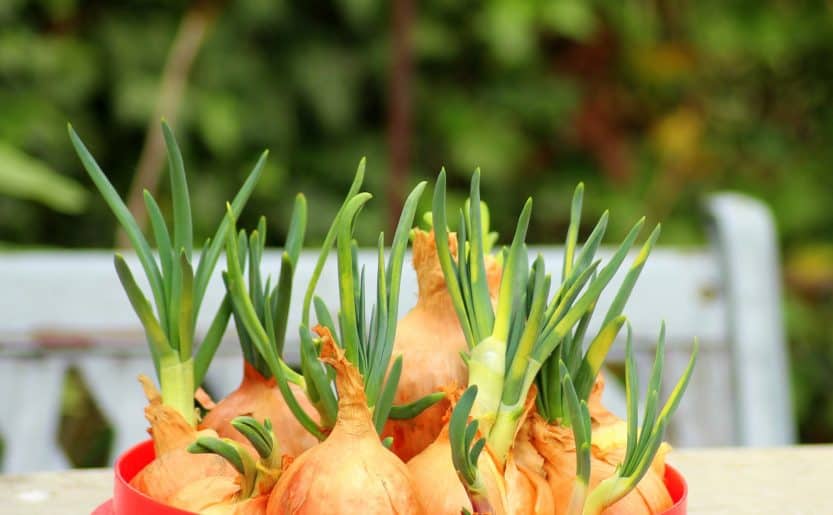
Onions (Allium cepa) share similar growing conditions with zucchini, requiring well-drained soil and plenty of sunlight. They help deter pests that may be attracted to zucchini. Besides providing protection and pest control, onions can be utilized in a multitude of culinary delights, enhancing the flavor of zucchini dishes.
Peppers
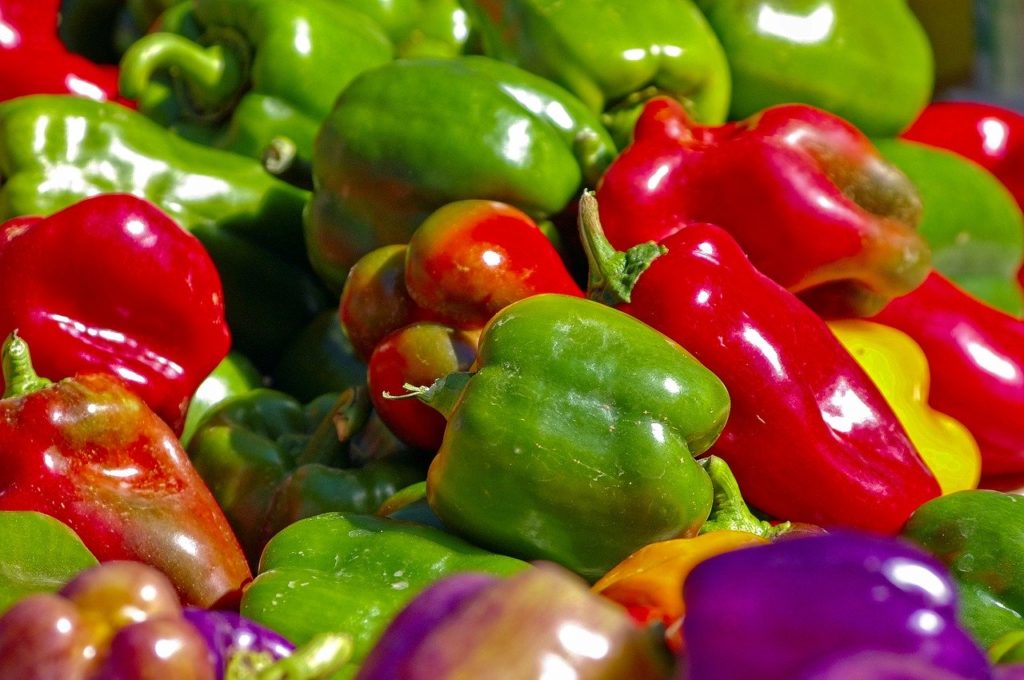
Peppers (Capsicum spp.) are another vegetable companion that thrives alongside zucchini. They enjoy similar growing conditions and can benefit from the proximity to zucchini, creating a diverse garden ecosystem. Their robust flavor complements zucchini in various recipes, making them a great culinary pair.
Don’t Companion Plant These
While many plants can benefit zucchinis, certain plants should be avoided to prevent poor growth, pest infestations, or competition for nutrients.
Other Cucurbits
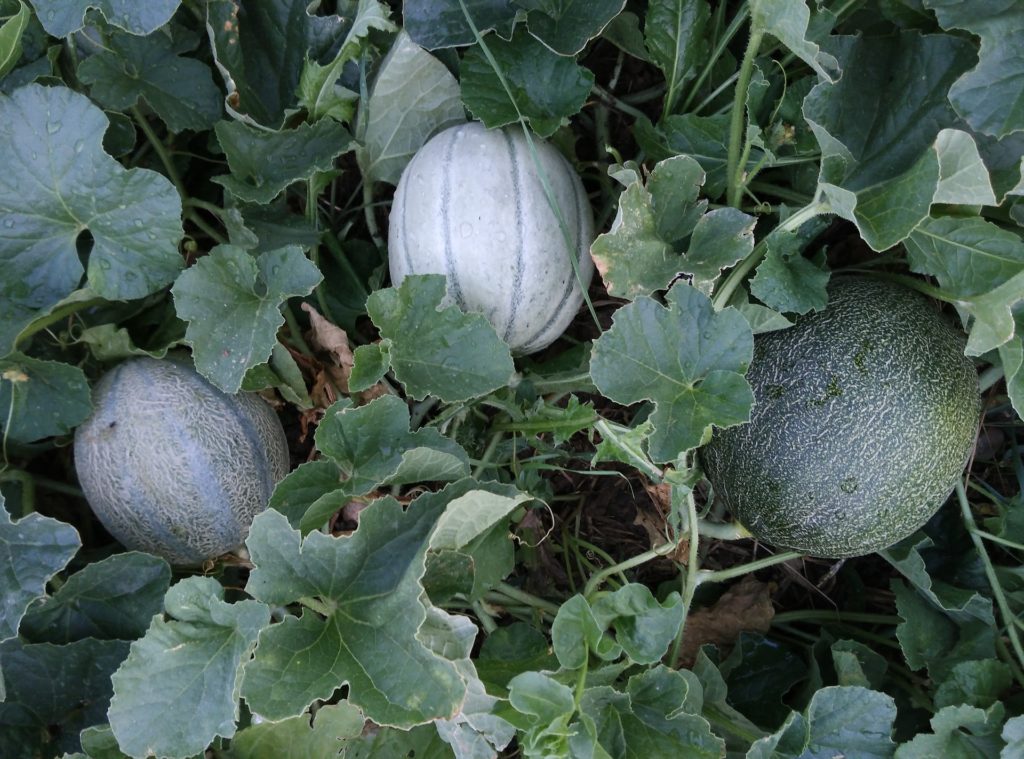
Avoid planting zucchini with other cucurbits such as cucumbers or melons. These plants belong to the same family and can attract the same pests and diseases, leading to increased susceptibility to issues such as powdery mildew and cucumber beetles. To ensure healthy zucchini growth, provide adequate space between these plants.
Sweet Potatoes
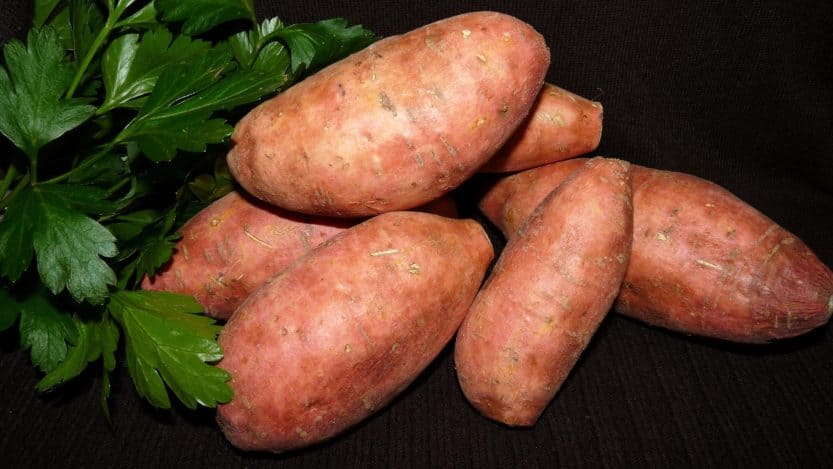
Sweet potatoes (Ipomoea batatas) can be invasive and may compete with zucchini for nutrients and space. Their sprawling vines can overshadow zucchini plants during the growing season, resulting in less sunlight for the squash. This competition can lead to stunted growth and reduced yields, making it best to keep them separate.
Potatoes
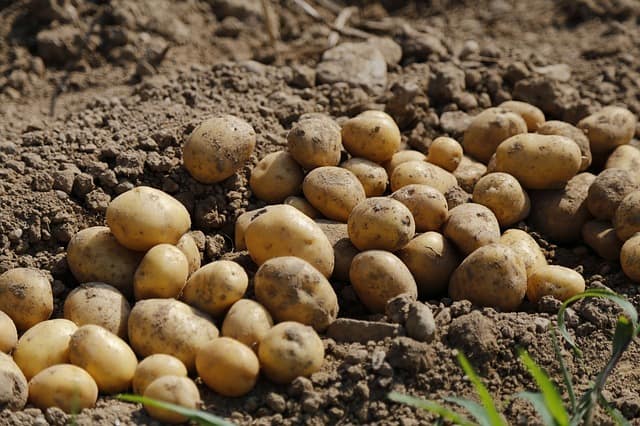
Similarly, potatoes (Solanum tuberosum) are not well-suited as companions for zucchini. They are susceptible to many of the same diseases, including blight. Planting these two crops together can increase the likelihood of disease transmission and lead to overcrowding in the garden, resulting in inadequate growth for both plants.
Fennel
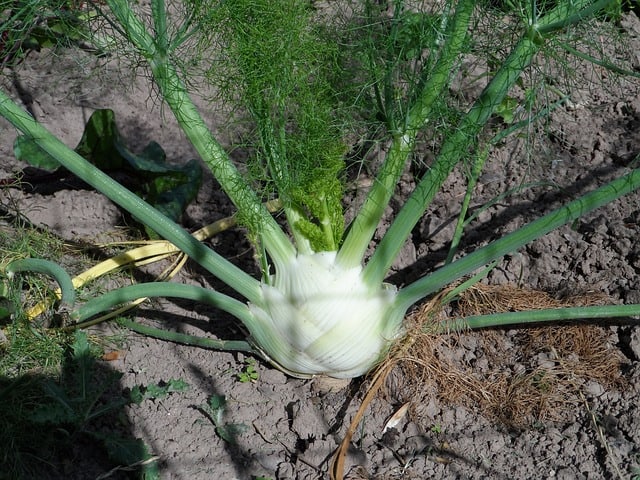
Fennel (Foeniculum vulgare) is another crop to avoid when growing zucchini. While fennel can be a beneficial plant in other contexts, it produces compounds that can inhibit the growth of neighboring plants, known as allelopathy. Fennel may negatively affect zucchini development by discouraging healthy growth and reducing yield potential.
Conclusion
Companion planting is a valuable strategy for enhancing the growth and health of zucchini. By choosing the right companions from various categories, including flowers, herbs, and vegetables, you can create a vibrant and productive garden environment. Understanding which plants to avoid ensures that zucchinis can thrive and yield their delicious fruit without detrimental interference.


